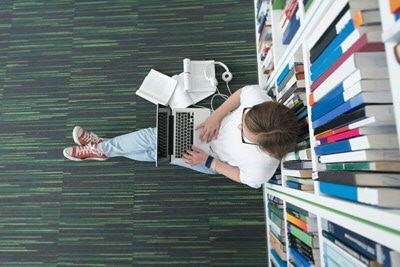New webclass starting soon

A new round of our fun and active webclass starts on 4 March! The webclass is perfect if you want to get a taste of what studying Global Responsibility & Leadership is like. The webclass takes 4 weeks, with a workload of approximately 3 hours per week, and each week deals with a different topic.
You will be introduced to a variety of academic disciplines and lecturers, that are part of the first year of the GRL programme. The disciplines that are addressed are:
- Week 1: Global Health
This week describes the importance of good healthcare on a global scale. Illness is not limited by borders, so a global approach is needed. You will learn how to tackle global health problems and what is needed for them.
- Week 2: Politics and Earth System Sciences
We go deeper into the politics behind the sustainable development goals. Various theories that are used in international relations are examined in more detail. Also, students learn from a simple model of the world how certain actions affect the functioning of (biological) systems on the earth. The focus is mainly on climate change, which is also one of the spearheads of the Sustainable Development Goals.
- Week 3: Data science and Psychology
In a world where technology is becoming increasingly more important, knowledge of data and how to deal with large amounts of data is of great importance. This week students learn the basics of data science: What questions can I answer with this data? What are the characteristics of a good dataset? Which algorithms should I use to answer my question?
Next to Data Science we discuss the social psychology that is needed to tackle sustainable development goals. In addition, the link between human behavior and social norms is discussed in greater depth.
- Week 4: Environmental economics and circularity
As the title suggests, this subject is twofold. Environmental economics deals with the benefits and burdens of actions/policies of a country/the world on the environment. The second part is about changing the current, linear economy to the circular economy. The circular economy focuses on a way of producing that is friendlier to the environment. This is done on the basis of four principles: recycling, redistribution and reuse, product life extension and remanufacturing.
The common thread throughout the programme is the link to the Sustainable Development Goals of the United Nations. Every web class starts with an introductory e-lecture and throughout the four weeks you will complete various readings and assignments.
More news
-
15 September 2025
Successful visit to the UG by Rector of Institut Teknologi Bandung
